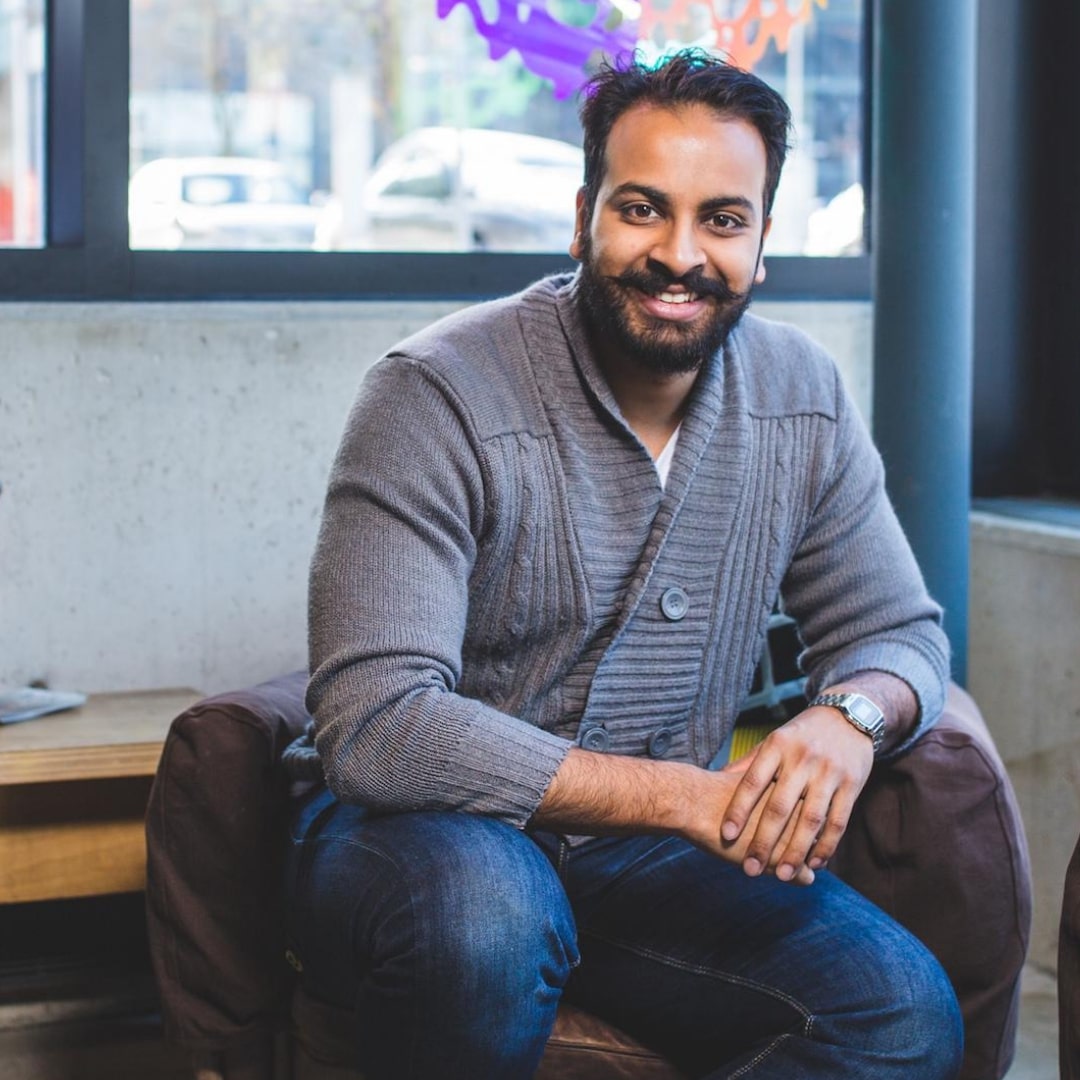Owais Lightwala

Owais Lightwala
(he/him)
Assistant Professor, Production
Education
- BFA Theatre Production and Design
- MBA
Email: owais@torontomu.ca
Owais Lightwala is a professor, entrepreneur and optimist. He is an Assistant Professor in the Creative School at Toronto Metropolitan University, focusing on entrepreneurship, leadership, and innovation in creative industries. He co-founded and leads Sai (external link) , a tech startup dedicated to revolutionizing how creatives manage their finances. Lightwala is also the founding Director of Chrysalis at the Creative School, a new multidisciplinary performance hub at TMU shaping the future of creative experiences. He has designed and led leadership training programs for the National Arts Centre and the Toronto Arts Council Leaders Lab (2023-2025). He used to be a theatre producer, most notably as the first Managing Director for Why Not Theatre (external link) , where he co-led the meteoric growth of the company and transformative projects like RISER and The Mahabharata. He was born in Pakistan, grew up in Dubai, and came to Canada as a teenager, which is why he doesn’t get most pop cultural references from the 90s. His bold strategic voice have been sought out by institutions like National Arts Centre, Canada Council for the Arts, and Canadian Heritage. He has contributed to boards including TO Live (external link) , Mass Culture (external link) , AMY Project (external link) , and Art Ignite (external link) . Recognitions include the Business/Arts Arnold Edinborough Award (external link) , Stanford’s Impact Program for Arts Leaders, CivicAction DiverseCity Fellowship, and TAC/Banff Leaders Lab Fellowship. He studied theatre at York University, completed Harvard Business School’s CORe program, and earned an MBA from Toronto Metropolitan University.
find out more on his linkedin (external link)
- What is the future of performance? How do we build new works, in new ways, for new audiences?
- How do we make the persistent cliche of the “starving artist” obsolete?
- art + technology + entrepreneurship = something awesome maybe?
- Why do artists hate managing money? Can we change that?
- What is all this “innovation" for exactly? And why is so much “innovation” bad?
